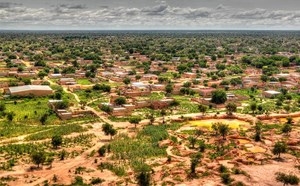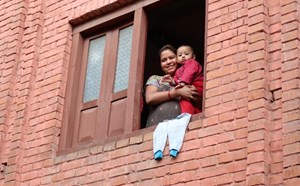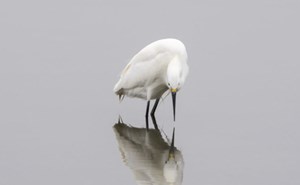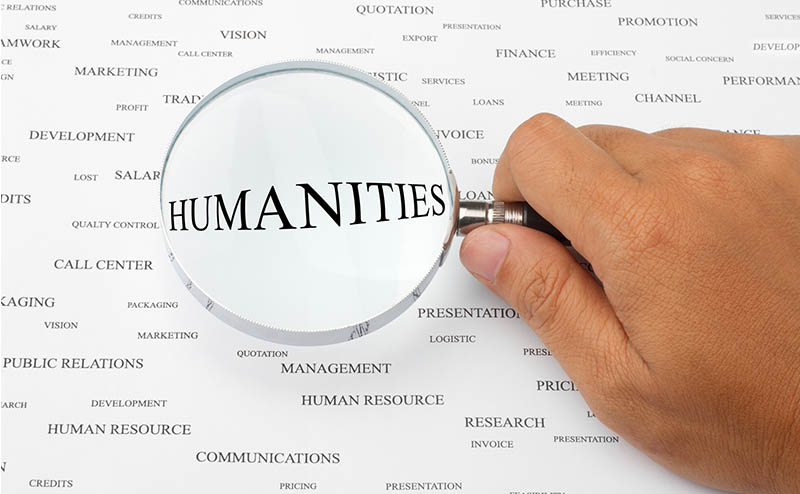
From the Editor
From the Editor
Iyesatta Massaquoi Emeli, MD, MPH, FACEP
Good morning, good afternoon, and good evening!
It is my honor to welcome you to this edition of the ACEP Medical Humanities newsletter. As always, I write to you with deep gratitude—for your presence, your creativity, and your belief in the power of story.
This year’s ACEP Scientific Assembly reminded us that even in the most clinical of spaces, the human spirit persists. It sings, it aches, it remembers. And through our section, it creates.
I return once more to the words of Kahlil Gibran:
“When you work you are a flute through whose heart the whispering of the hours turns to music.”
This year, our flutes have played haunting and beautiful melodies.
We celebrate the winners of the 2025 Medical Humanities Awards:
- Visual Arts Award: Patient Transport, Burundi Style by Carlan Wendler, MD — a vivid portrayal of resilience and resourcefulness in global health.
- Creative Writing Award, Poetry: Un-Clearance by Marc Borenstein, MD — a sparse, aching poem that captures the fragile line between clinical detachment and human connection.
- Creative Writing Award, Prose: The Miniature Doubts We Cradle by Anne Merritt, MD, MS — a stunning narrative that spans fire, birth, memory, and identity. It is a story of survival, of motherhood, and of the ghosts that linger in the margins of our lives.
This year’s Visual Arts Award goes to Patient Transport, Burundi Style by Carlan Wendler—a striking and quietly profound piece that captures the ingenuity and dignity of care in resource-limited settings. The woven stretcher, crafted from natural materials and adorned with vibrant fabrics, rests in a utilitarian space marked by corrugated metal roofing and wooden benches. This image is not just a snapshot—it is a story. It speaks to the resilience of communities, the creativity of caregivers, and the beauty found in the everyday tools of healing. It reminds us that medicine is not only practiced in sterile rooms and high-tech labs, but also in humble spaces where compassion and necessity converge.
Anne Merritt’s prose piece is a meditation on the intersections of medicine, technology, and the soul. It asks us to consider what we lose when we seek only answers, and what we gain when we embrace uncertainty. It reminds us that the most profound truths often lie in the smallest gestures: a hand held, a shoulder touched, a goodbye made before we are ready.
In this issue, you’ll find Marc Borenstein’s Un-Clearance, a poem that invites us to pause, to reflect, to sit with and intentionally re-visit a situation we routinely encounter in our practice of emergency medicine.
You will also find the minutes from our annual section meeting, an important marker of our continued growth and collaboration.
As always, I invite you to share your work with us. Whether published elsewhere or still in draft form, your stories, poems, essays, and images are welcome here. Let us continue to build this space together—a space where medicine meets meaning.
It was wonderful meeting some of you in person, at the section crawl and/or at the section meeting in Salt Lake City. Wishing you a season of reflection, renewal, and creativity.
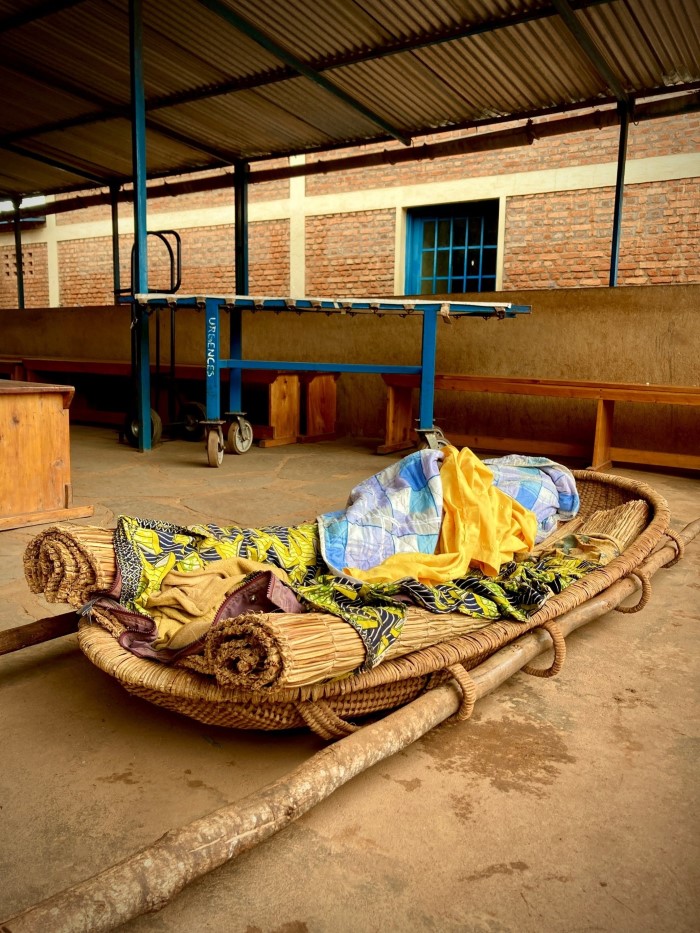 Patient Transport, Burundi Style
Patient Transport, Burundi Style
Carlan Wendler, MD

